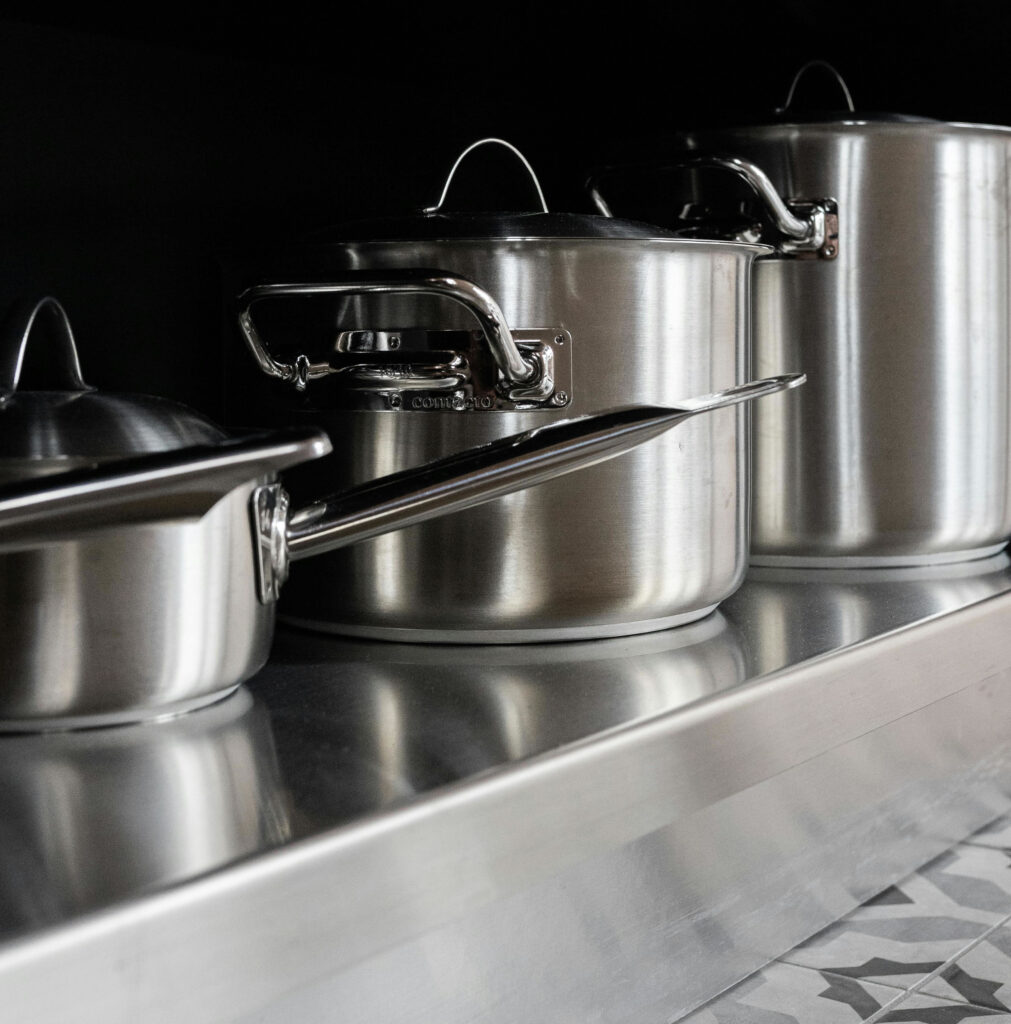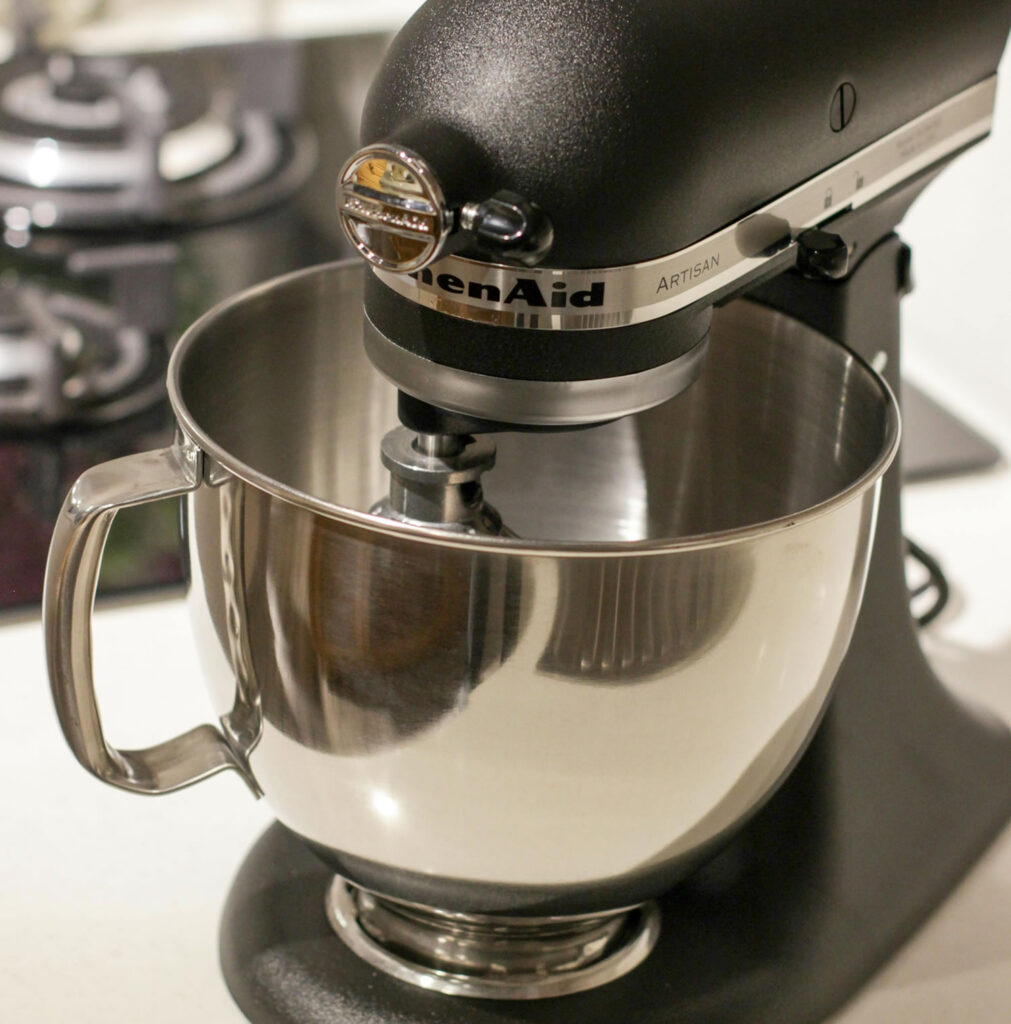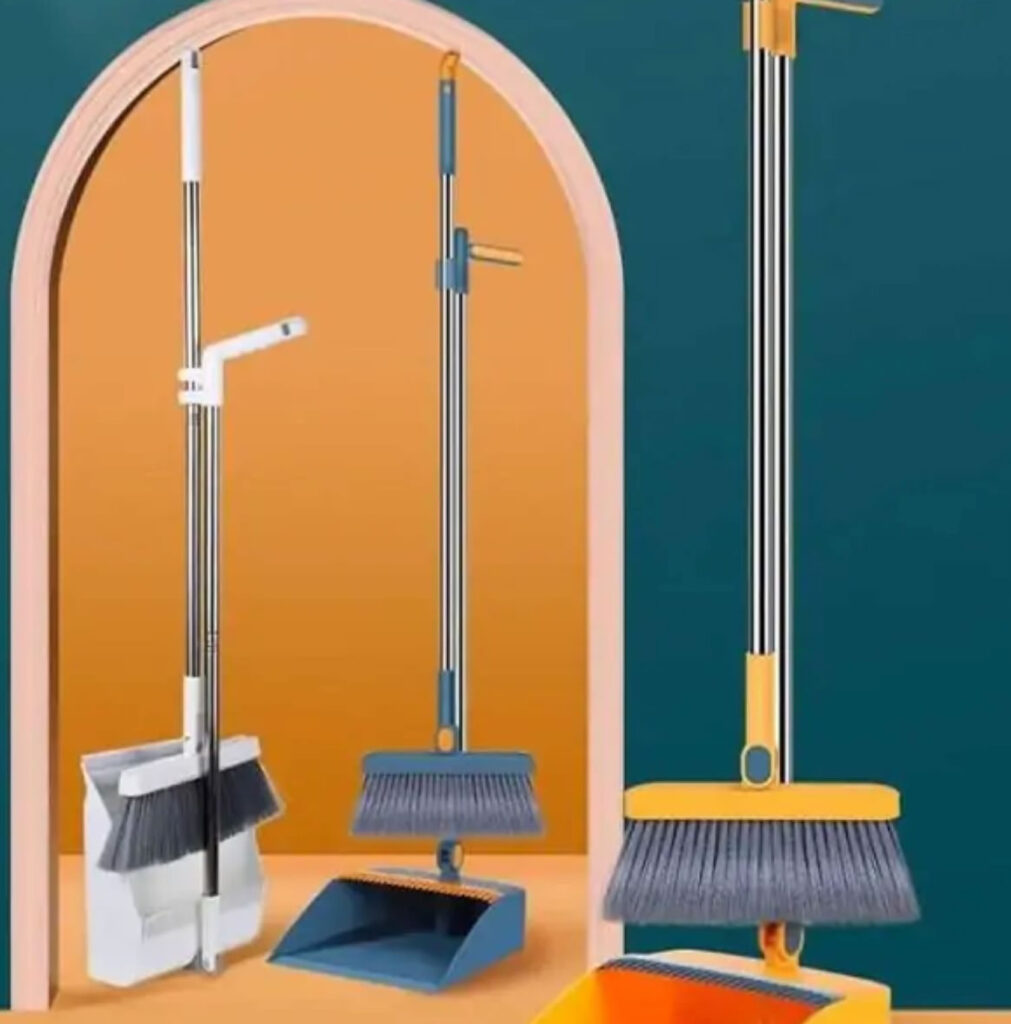Electric cooking pots are versatile, plug-in kitchen appliances that provide a convenient, efficient, and often healthier alternative to traditional stove-top cooking. Whether you’re boiling, steaming, slow-cooking, or preparing one-pot meals, electric pots offer temperature control, safety features, and energy-saving benefits. For busy households, students, or anyone who wants meals ready with minimal fuss, these devices are a game-changer.
What are Electric Cooking Pots?
- Definition: What an electric cooking pot is (heating element, pot, lid, maybe steam/slow cooker/pressure features).
- Types: small/large, multi-function (steaming, slow cook, sauté, etc.), pot with steamer, etc.
Key Features to Look For
- Capacity (litres/quarts)
- Material of inner pot (non-stick, stainless steel)
- Cooking modes/functions (slow cook, steam, boil, sauté)
- Timer & preset programs
- Safety features: automatic shut-off, boil-dry protection, cool-touch handles, locking lids
- Ease of cleaning
Benefits of Electric Cooking Pots
Based on what sources say:
- Time Saving: Electric pots often cook faster and help you multitask. Kala Kitchenware+1
- Energy Efficiency: Less wasted energy vs traditional cookers, because many have insulation, sealed lids, etc. TechReviewPlus+2Kala Kitchenware+2
- Versatility: You can cook a variety of meals (rice, stew, steaming, soups, vegetables, and desserts) with one device. Kala Kitchenware+2Kala Kitchenware+2
- Health & Nutrient Retention: Because of sealed cooking/steaming, less nutrient loss. Kala Kitchenware+1
- Safety: Auto shut-off, boil-dry protection, handles etc. reduces risk. Kala Kitchenware+1
- Easy to Clean & Maintain: Non-stick surfaces and removable parts mean less scrubbing. Kala Kitchenware+1
- Ideal for Different Lifestyles: Students, dorms, small apartments, travelling, meal prep etc.
Potential Downsides / Things to Watch
-
Limitations: some recipes won’t crisp or brown like on a stove or oven.
-
Space & storage: larger models take up space.
-
Electric consumption relative to power ratings (higher wattage models can still draw significant electricity).
-
Quality differences: poor build quality, weak heating elements, non-durable nonstick coatings.


